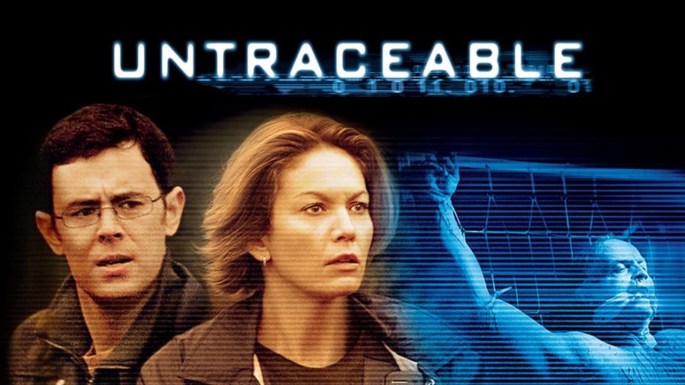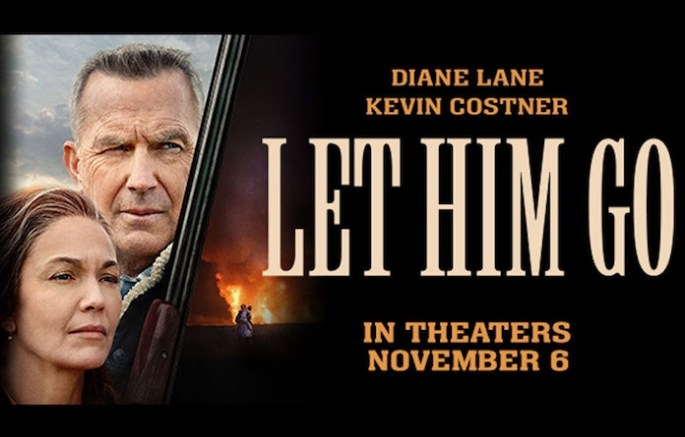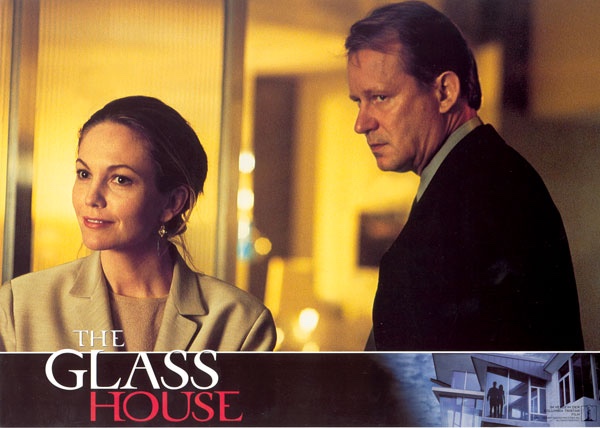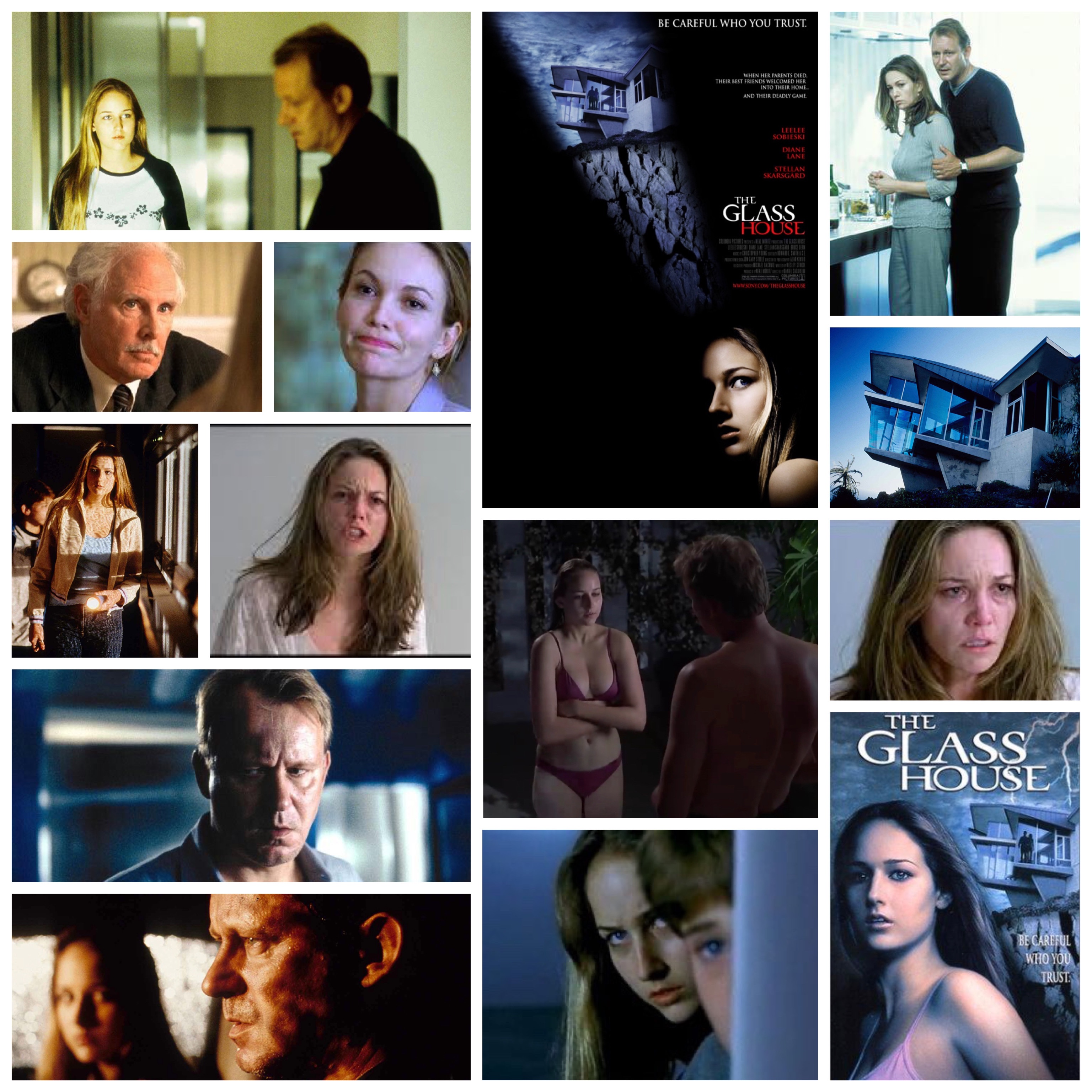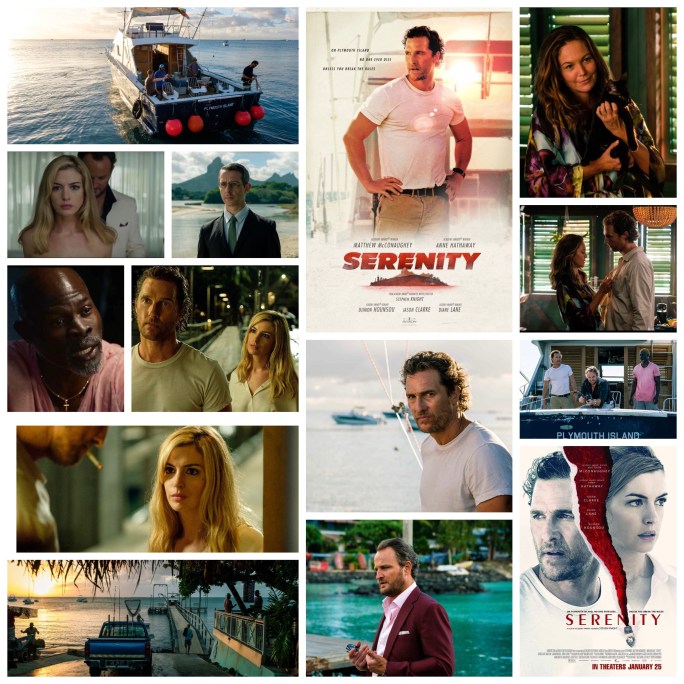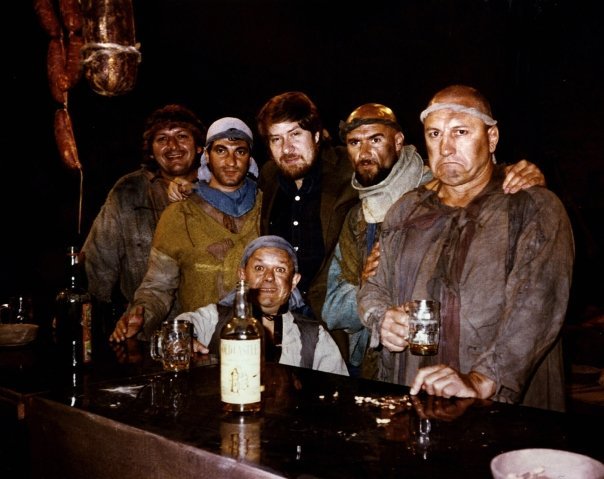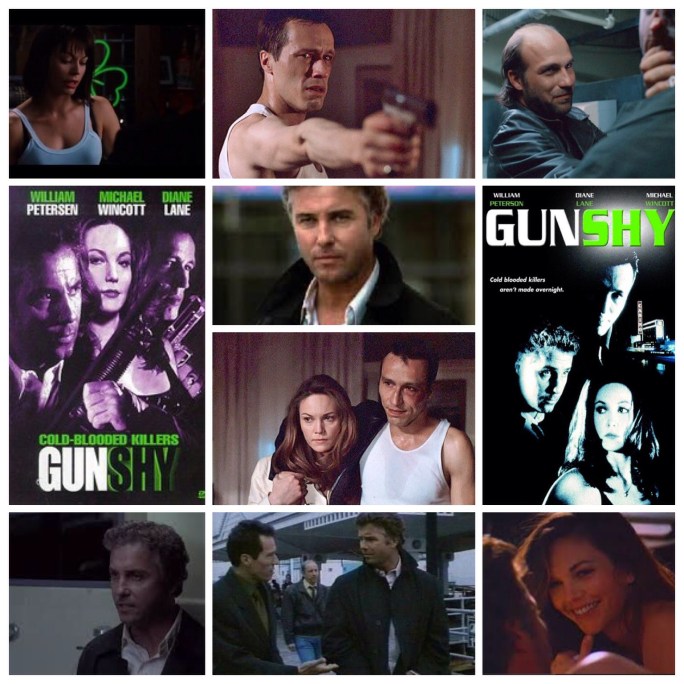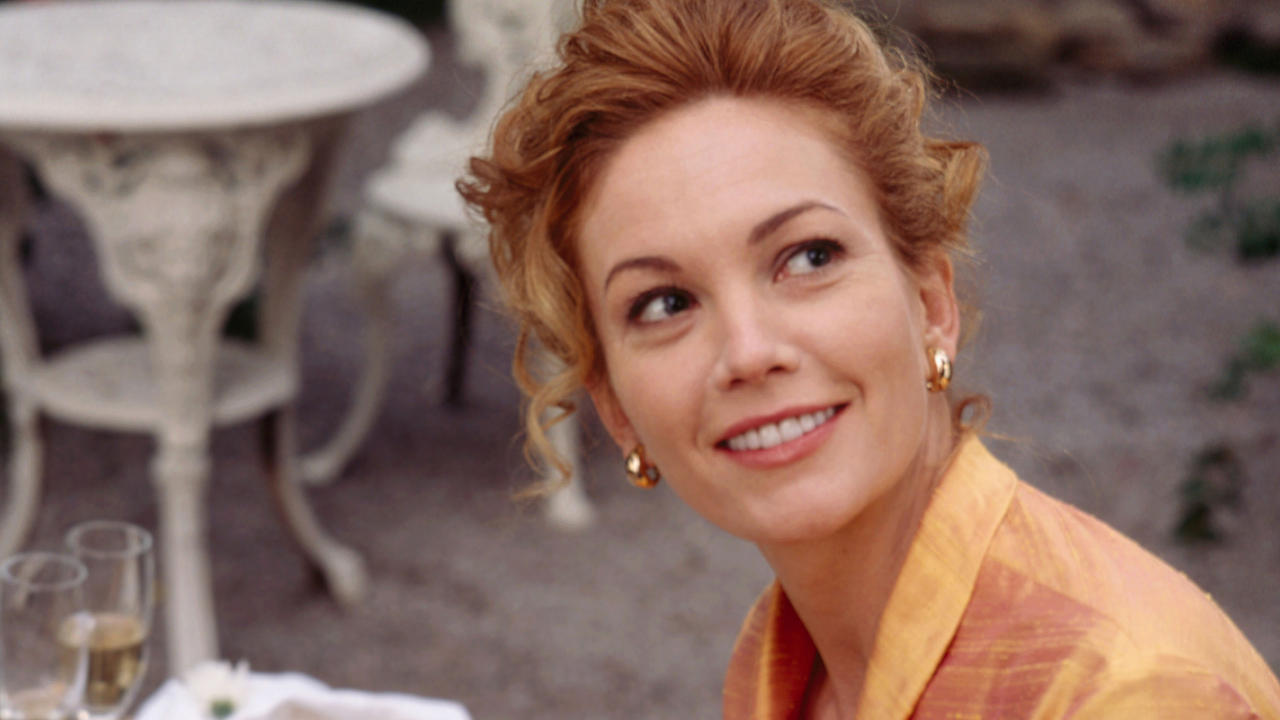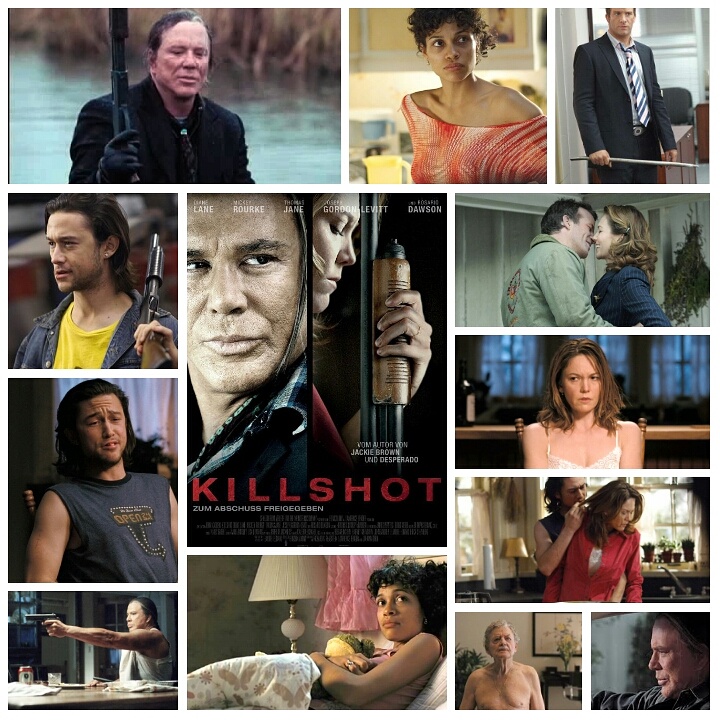
I’m not sure why an imaginative, original concept film like Steven Knight’s Serenity got the unanimous critical beatdown it did, but I didn’t find it anywhere close to as bad as I’d heard it was. It’s uneven as all hell, bizarrely staged and written like a soap opera gone postal, but in a sea of sequels and remakes it goes a long way that they even tried something this ‘out there.’ Like a warped bastard child of Black Mirror and the sultriest stuff that Brian DePalma has to offer, this one plays out on a specifically fictitious Florida destination known as Plymouth Island, a place where reality might not quite be as it seems.
Matthew McConaughey gives another intense, haggard turn as Baker Dill, a commercial fisherman reduced to ferrying tourists around to catch tuna with his even more intense second mate Duke (Djimon Hounsou in Cajun mode). Baker spends his days banging local beauty Constance (Diane Lane in yet another role that’s beneath her) and trying to catch a giant rogue tuna he’s nicknamed Justice. Anne Hathaway shows up in a blond dye job, squarely in femme fatale mode as his ex wife who has married one tyrannical, abusive monster played by Jason Clarke in a performance that I genuinely was confused whether to find hilarious or be terrified by. Hathaway wants Baker to take hubbie out fishing and feed him to the sharks, Baker wants nothing to do with either of them and Clarke wants to get hammered, insult everyone and do some other things I dare not repeat here. It’s a lurid, noirish snake-pit of sweaty sex, deception and indecent human behaviour, but there’s something more high concept going on beneath the film of scum on the upper layer of the script. A mysterious suit (Jeremy Strong) pursues Baker around and there’s just this gnawing feeling that what’s happening isn’t quite… real, at least in the traditional sense. That’s all I’ll say in that arena.
McConaughey isn’t doing anything revolutionary here and the hangdog, lady’s man drunk is nothing new for him, but he puts on a good show and is clearly having fun. Hathaway and Lane curl around the dialogue like the pros they are and do fine as well. Clarke is something else though, and has to be seen to be believed. He’s a misogynistic, blustery, abusive, hard drinking lunatic who seems to be channeling Lee Majors, Lee Marvin and The Devil all in the same note. I can’t tell if it’s great character work or more a bull in a china shop scenario, but he certainly makes an impression.
This isn’t a great film and certainly seems at odds with itself, I’ll concede that. The reality bending, the sleazy noir and some surprising sentimental notes later on all seem to be culled from various other sources and sort of clash onscreen in the same film. But there’s something so alluring about the ambition of this thing, the sheer ludicrous dedication to a concept that seems more at home in the Twilight Zone than a big budget theatre release. Nevertheless, I wasn’t bored once during it and it’s well made, scored (unusual, invigorating composition from Benjamin Wallfisch) and acted into oblivion by the ensemble cast, all clearly self aware and having a blast. This thing got royally shredded by everyone and their mother upon release, prompting me to put off watching it for quite a while. Safe to say it was unfairly assessed, I found it to be a good time.
-Nate Hill

